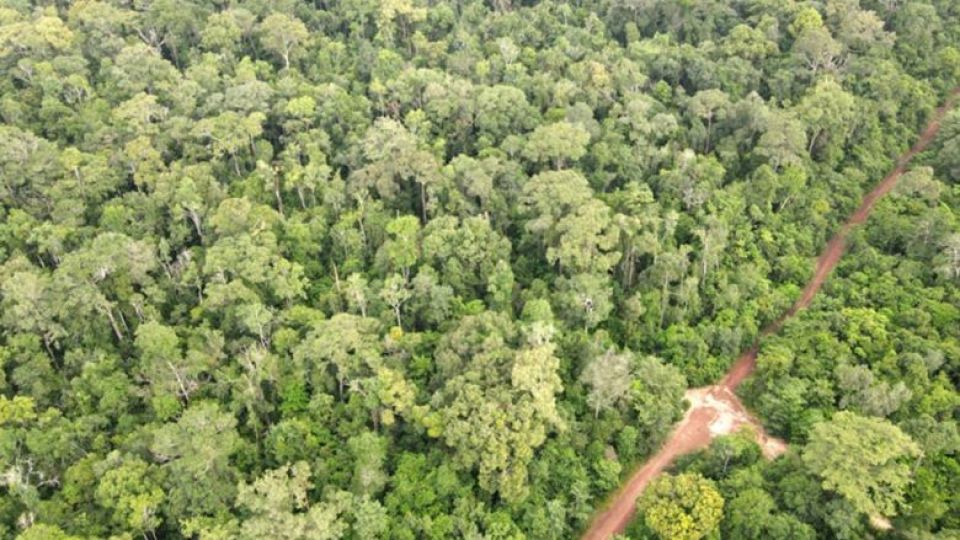February 10, 2022
PHNOM PENH – The government and partner organisations are seeking new markets in which to sell carbon credits in order to raise funds for its efforts to increase and strengthen the protection of natural resources in the Kingdom.
The search comes after the successful sale of carbon credits from 2016 to 2020, which netted the Kingdom over $11 million.
Ministry of Environment spokesman Neth Pheaktra said on February 7 that it was a “source of pride” that Cambodia had succeeded in selling credits in the global voluntary carbon market.
The proceeds from the previous sale have been directed toward the conservation of natural resources and local community development, he noted.
He also suggested that the sale of carbon credits has benefitted communities that were involved in the protection and conservation of natural resources, particularly by providing them with new sources of work through creating new jobs in the ecotourism industry.
The money has also been used to educate these communities in the fields of livestock management, market supply, growing mixed crops, subsistence farming, and tourism development, he said.
Cambodia previously sold two carbon credit projects at Keo Seima Wildlife Sanctuary in Mondulkiri province and the REDD+ Project at Southern Cardamom National Park in Koh Kong province, and also has its sights set on forest reserves in the northeast.
“Currently, the ministry and partners have been continuing to prepare the sale of carbon credits in the Prey Lang Wildlife Sanctuary in Stung Treng,” Pheaktra said.
Companies that have purchased carbon credits in the voluntary market include Disney, Shell, and Gucci.
Pheaktra claimed that large companies buying carbon credits from Cambodia based their decision on assessments from an independent agency which confirmed that the Kingdom was capable of adequately protecting natural resources in the region.
Additionally, “[t]he companies’ decision to buy carbon credits from Cambodia shows that the Kingdom has sufficient capacity to protect the region’s natural resources, which are effectively conserved,” he said.
Cambodia and Indonesia are the only two ASEAN countries that have sold carbon credits so far, he said.
Leak Ratana, communications officer for Wildlife Conservation Society Cambodia (WCS Cambodia), said the sale of carbon credits could allow Cambodia to provide sustainable financing for biodiversity, sustainable development and forest conservation, while also helping local communities thrive.
The NGO said it would continue to cooperate with the environment ministry to develop a market for carbon credits from Cambodia.
“WCS and the environment ministry will partner with international marketing companies to access a global network of potential carbon credit buyers,” he said.
Separately, the National Council for Sustainable Development (NCSD) and the environment ministry have announced a press conference and panel discussion to launch an official report entitled ‘Cambodia’s Long-Term Strategy for Carbon Neutrality (LTS4CN)’.
According to a joint press statement, the event will be held on February 11 at the ministry in the presence of minister Say Samal, who is also chair of the NCSD.
The LTS4CN report was approved and submitted to the UN Framework Convention on Climate Change (UNFCCC) on December 30.
“The strategy is a highly significant step for Cambodia, a strong supporter of multilateral action on climate change, to reach carbon neutrality by 2050 following the principle of “common but differentiated responsibilities and respective capabilities” under the UNFCCC,” the statement said.


